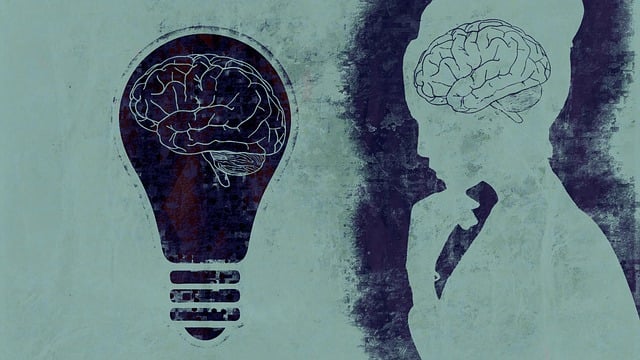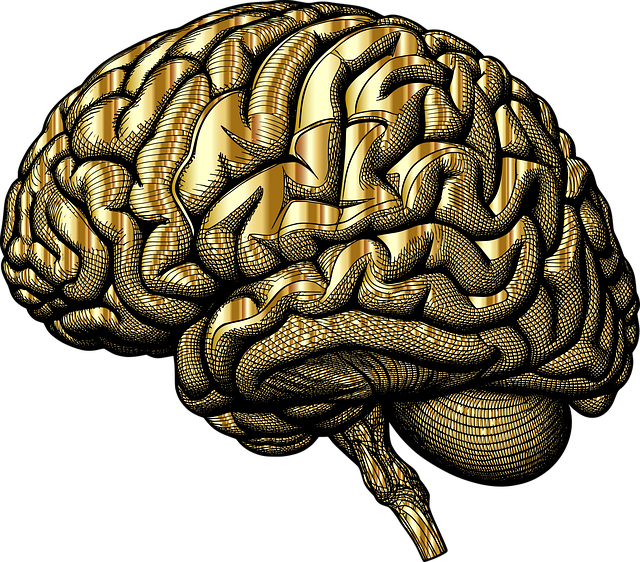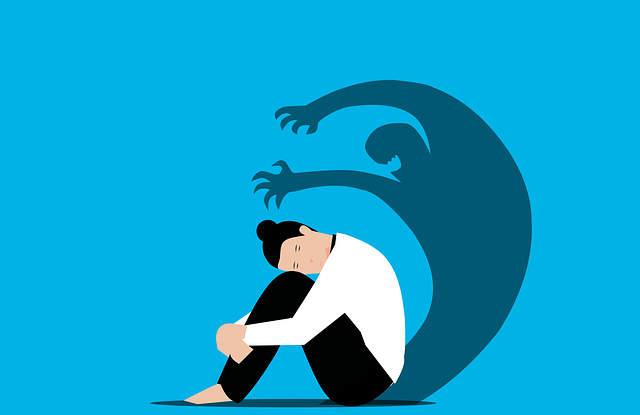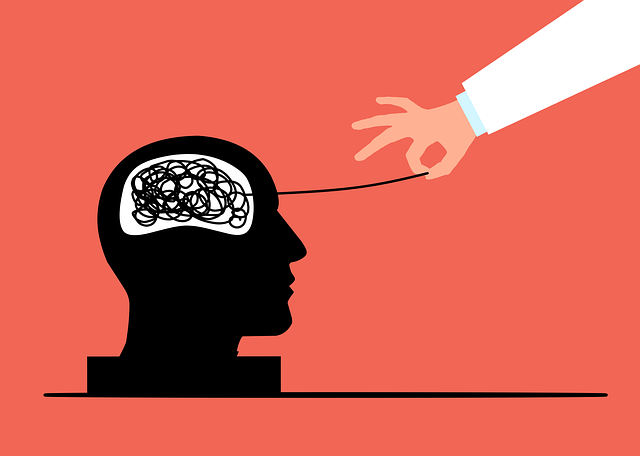Social skills training is crucial for individuals with Lone Tree Obsessive Compulsive Disorder (OCD) as it significantly impacts their recovery and overall well-being. Cognitive Behavioral Therapy (CBT), a powerful tool within OCD therapy, targets negative thought patterns and behaviors, replacing them with positive strategies to manage anxiety. Group therapy sessions at Lone Tree Therapy provide a supportive community for sharing coping mechanisms, reducing isolation, and fostering self-care routines. Through role-playing and practical scenarios, individuals gain tools to navigate real-life interactions, leading to better mental wellness, reduced avoidance behaviors, and improved quality of life. Public education initiatives focused on Mental Health Awareness also play a significant role in mitigating stigma and promoting understanding of OCD challenges.
Social skills training is a powerful tool for managing mental health conditions, especially those like Lone Tree Obsessive Compulsive Disorder (OCD) where social anxiety can be debilitating. This article explores the multifaceted approach of enhancing social interactions, focusing on cognitive behavioral therapy (CBT), group therapy, and practical strategies. By understanding the impact of social skills on mental well-being, individuals with OCD can navigate social situations with greater confidence. We’ll uncover effective techniques to foster connections, build support networks, and ultimately improve overall mental health outcomes.
- Understanding Social Skills and Their Impact on Mental Health
- The Role of Cognitive Behavioral Therapy in Social Skills Training
- Strategies for Overcoming Social Anxiety in Individuals with OCD
- Group Therapy Sessions: Building Connections and Support Networks
- Real-Life Applications: Practicing Social Skills in Everyday Situations
Understanding Social Skills and Their Impact on Mental Health

Social skills are a crucial aspect of human interaction and play a significant role in our overall well-being. For individuals dealing with mental health conditions, such as Lone Tree Obsessive Compulsive Disorder (OCD) Therapy, understanding and enhancing social skills can be transformative. These skills facilitate meaningful connections, promote positive self-esteem, and offer emotional support, which are all essential components of recovery and healing.
In the context of OCD and other mental health struggles, poor social interactions can exacerbate symptoms and contribute to feelings of isolation and burnout. Effective therapy programs, like those designed for Mental Health Education, focus on teaching individuals how to navigate social situations with confidence. Through various techniques, including role-playing and cognitive-behavioral strategies, clients learn to manage their anxieties, improve communication, and build a supportive network—all vital elements in the emotional healing processes. By mastering these skills, individuals can better cope with challenges, foster healthy relationships, and reduce the impact of social anxiety or withdrawal on their mental health journey.
The Role of Cognitive Behavioral Therapy in Social Skills Training

Cognitive Behavioral Therapy (CBT) plays a pivotal role in social skills training for individuals with mental health conditions, including Lone Tree Obsessive Compulsive Disorder (OCD) Therapy. CBT focuses on identifying and modifying negative thought patterns and behaviors that may hinder social interactions. By teaching clients to challenge distorted cognitions and replace them with more realistic, positive thoughts, CBT helps reduce anxiety and improve mood management, which are often key factors in enhancing social skills.
This therapeutic approach offers structured guidance for crisis intervention, enabling individuals to develop effective coping strategies. Through CBT, participants learn to navigate social situations with increased confidence, thereby fostering better connections and improving their overall well-being. Additionally, the technique’s ability to provide anxiety relief makes it a valuable tool in managing symptoms associated with various mental health disorders, including OCD.
Strategies for Overcoming Social Anxiety in Individuals with OCD

Social anxiety is a common challenge faced by individuals with Obsessive Compulsive Disorder (OCD), often exacerbating their symptoms and hindering social interactions. Overcoming this can be transformative for their overall well-being, especially in the context of Lone Tree OCD Therapy. One effective strategy involves gradual exposure to feared social situations, starting from less intimidating scenarios and progressively moving towards more complex ones. This process, known as cognitive behavioural therapy (CBT), helps individuals confront their anxieties in a safe environment, eventually reducing the intensity of their responses.
Additionally, self-care routine development for better mental health plays a crucial role in managing social anxiety. Encouraging regular exercise, mindfulness practices, and healthy sleep habits can significantly enhance an individual’s ability to cope with stressful situations. Public awareness campaigns focused on Mental Health Awareness can also provide valuable support by educating the community about OCD and its associated challenges, fostering understanding and reducing stigma.
Group Therapy Sessions: Building Connections and Support Networks

Group therapy sessions play a pivotal role in social skills training, especially for individuals navigating conditions like Obsessive Compulsive Disorder (OCD) at Lone Tree Therapy. These sessions provide a safe and supportive environment where participants can connect with peers facing similar challenges. Through group interactions, individuals learn to build meaningful relationships, fostering a sense of belonging and reducing feelings of isolation.
The dynamic nature of group therapy encourages open dialogue, where members share their experiences, coping strategies, and progress. This exchange of knowledge offers valuable insights into managing OCD symptoms and stress-related issues. Moreover, group therapy facilitates the development of essential self-care routines for better mental health. With crisis intervention guidance from experienced facilitators, participants gain tools to navigate challenges, promoting personal growth and enhanced well-being.
Real-Life Applications: Practicing Social Skills in Everyday Situations

Social skills training is not just about role-playing scenarios; it’s about equipping individuals with tools to navigate real-life interactions. For those dealing with conditions like Obsessive Compulsive Disorder (OCD), practicing social skills in everyday situations becomes crucial for managing symptoms and enhancing quality of life. Lone Tree OCD therapy, for instance, can incorporate these training sessions into its comprehensive approach, focusing on scenarios like initiating conversations, maintaining eye contact, or politely refusing invitations.
By applying these skills in real-world contexts, individuals build resilience and emotional intelligence—key components of mental wellness coaching programs. This practical application not only improves their social interactions but also contributes to overall mental wellness development. Through regular practice, they learn to manage anxiety, reduce avoidance behaviors, and foster more meaningful connections, ultimately leading to a more fulfilling life.
Social skills training, particularly through evidence-based approaches like Cognitive Behavioral Therapy, plays a pivotal role in managing and improving mental health conditions such as Lone Tree Obsessive Compulsive Disorder (OCD). By addressing social anxiety and fostering supportive networks through group therapy sessions, individuals can develop the confidence to navigate everyday situations. Integrating these strategies into daily life allows for significant progress and enhanced well-being, making social skills training a powerful tool in the comprehensive treatment of mental health disorders.










